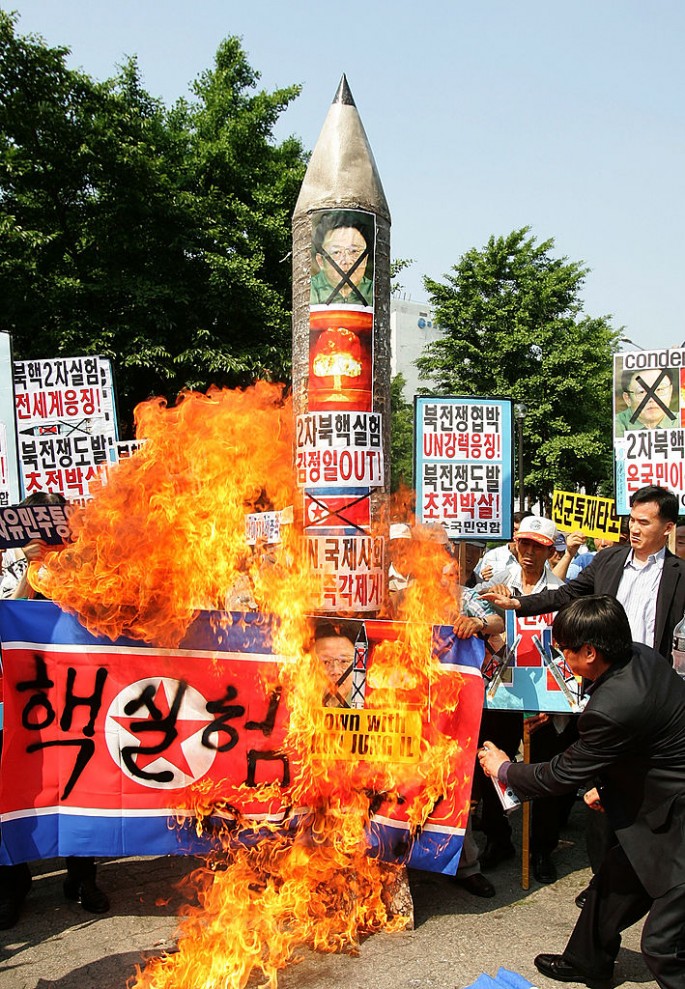Tensions have been rising in different parts of Asia ever since 2016 started, China Daily reported. North Korea performed a nuclear test, the United States flew a nuclear-capable B-52 bomber over the Korean Peninsula, and Japan is boosting its military presence in the South China Sea.
Foreign Ministry spokesman Hong Lei said in a statement last Wednesday that "hopefully, relevant countries will act cautiously and properly tackle the issue."
"As one country seeks its own security, it must consider the security interests of other countries as well as the peace and stability of the region," Hong added.
The situation in the Korean Peninsula is particularly sensitive, as the Democratic People's Republic of Korea (DPRK) launched a nuclear test recently. As a response, the U.S. sent a nuclear-capable B-52 bomber over South Korean airspace on Sunday, Jan. 10.
According to a report by Korea Herald, Republic of Korea (ROK) President Park Geun-hye said in her New Year's address on Tuesday, Jan. 12, that they will be reviewing an advanced missile defense system due to the nuclear and missile threat from the DPRK.
ROK and the U.S. are also working on additional deployment of "strategic assets," said ROK spokesman Kim Min-Seok, to control the rising tension in East Asia.
Meanwhile, in the Philippines, Bagong Alyansang Makabayan (Bayan) strongly opposed the declaration of the Enhanced Defense Cooperation Agreement as constitutional by the Supreme Court of the Philippines. Bayan secretary-general Renato Reyes Jr. said that it was "another sad day for Philippine sovereignty."
"The decision will pave the way for the construction of new U.S. military facilities in different parts of the country," he said in an interview with The Manila Times.
Japan is also boosting its presence in the South China Sea by forging strengthened relations with nations like Vietnam and the Philippines, both of which have territorial disputes with China.
Experts suggest that China should respond with appropriate measures in case of future provocations by Japan.



























